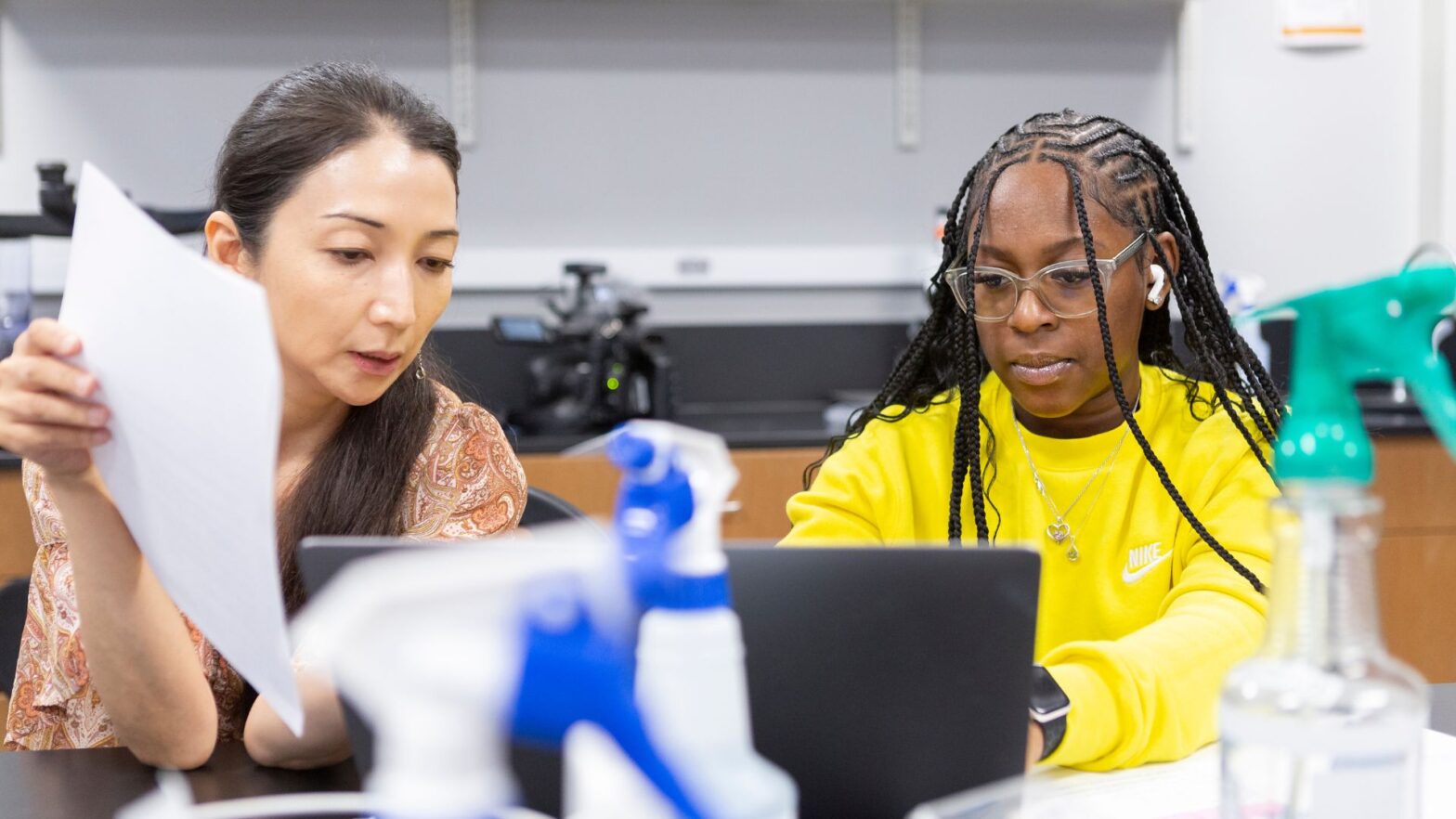Newman University is now accepting applications for the summer 2025 Investigative Summer STEM Program (ISSP).
ISSP is an immersive, weeklong experience that allows high schoolers to develop a better understanding of working in the STEM-related fields of science, technology, engineering and math. For five days, students can perform hands-on research with Newman faculty, experience living on campus in the residence halls and even earn college credit.
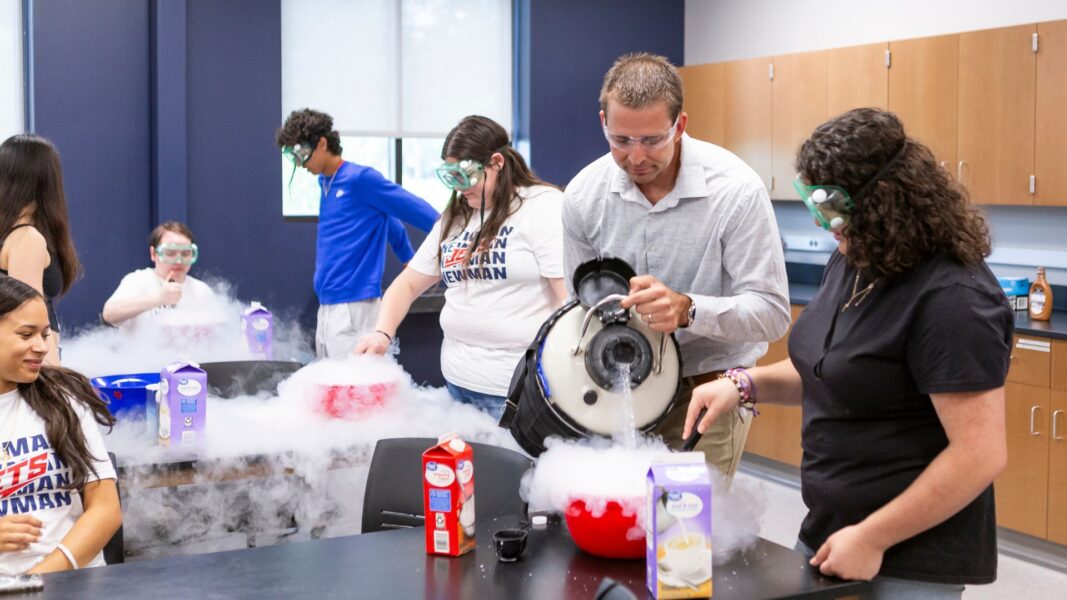
The 2025 ISSP overnight program allows campers to fully immerse themselves in campus life with a nightly stay in the residence halls. Campers will arrive in the evening on Sunday, June 8, and depart in the afternoon/ evening on Friday, June 13.
Program cost, which includes two college credit hours, lodging, breakfast, lunch and dinner for five days, is $400 before April 15 or $450 on or after.
The 2025 ISSP application deadline is May 30.
ISSP is made possible by the Berry Foundation.
What to expect
Each participant will select one interdisciplinary research topic from biology or chemistry. Working within a small group, the student will conduct a literature search on the selected topic, set up laboratory/field experiments, collect data, analyze the results, draw conclusions from the findings and finally present the research to faculty and students.
Program faculty provide supervision and project background information in one-to-one and small-group discussion formats rather than traditional lectures. Guest speakers provide participants with real-life applications of science and math.
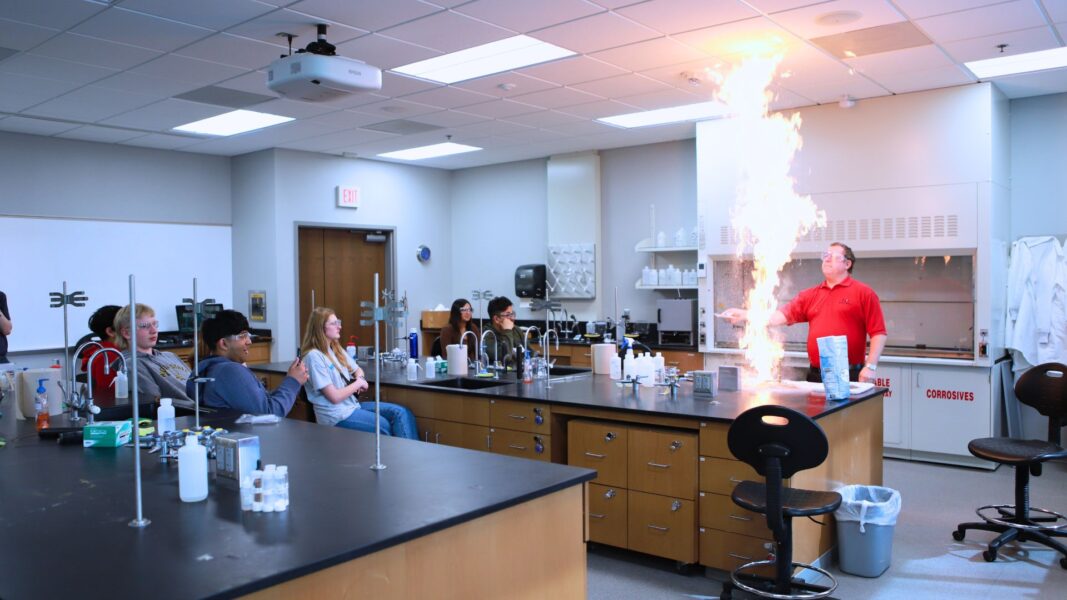
During ISSP, students will:
- Earn two hours of college credit with a pass/fail grade upon satisfactory completion of the program
- Spend five days performing hands-on research in small groups led by highly qualified Newman faculty
- Expand team-building and communication skills
- Engage with guest speakers from a variety of STEM-related fields to discuss the career opportunities possible with a STEM education
- Form friendships with high school students who share similar interests
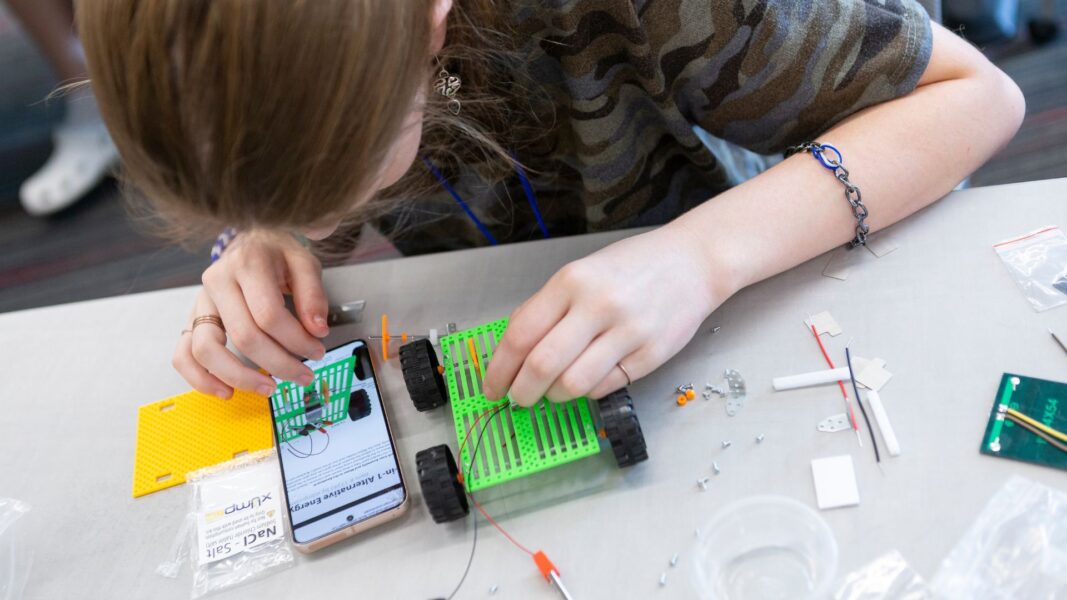
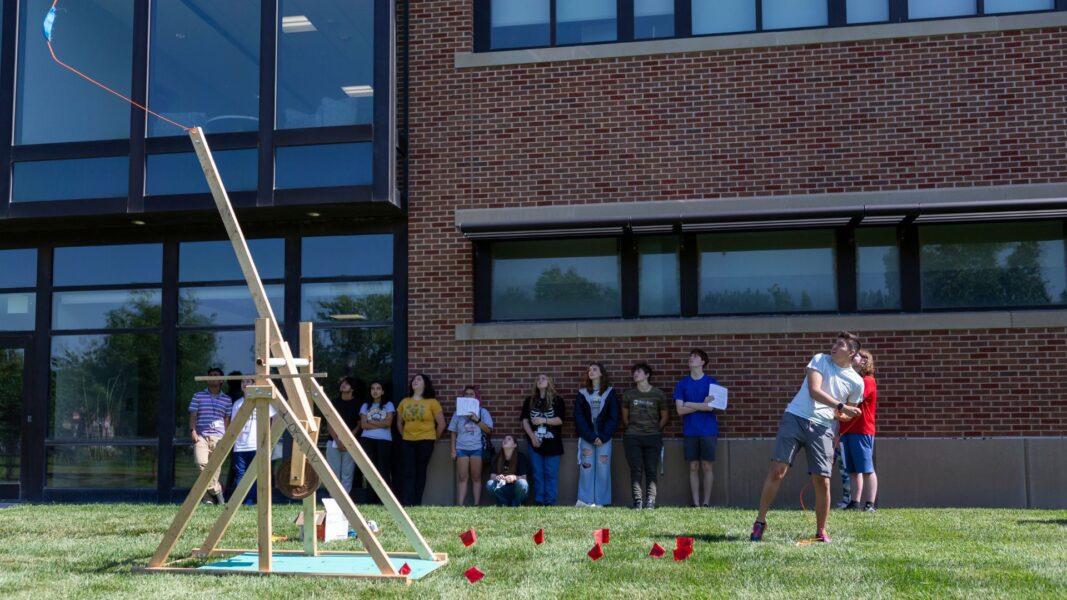
Who can apply
Current high school sophomores, juniors or seniors with a minimum 3.0 grade point average and who have completed at least one high school science course can apply for ISSP. Consideration may be given to freshmen.
‘Really helpful for the future’
Angel Lemus of Shoemaker High School in Killeen, Texas, spoke about his experience with computer science at ISSP.
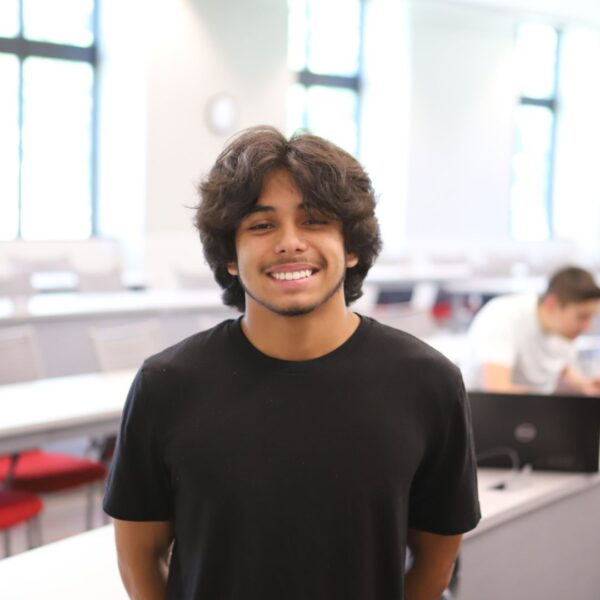
“I wanted to get a background in coding before I went to college,” he said. “Being a part of the academic project (we did) — developing a steganography program — (was) really cool.”
Additionally, Lemus discussed how ISSP will help him in his path to becoming a software engineer.
“Taking this camp and having a good background (in computer science) and motivating myself to learn more about coding, I think that would be really helpful for the future,” he said.
Alyssa Janssen, a senior at Wichita South High School, plans to major in chemistry in college. By attending ISSP, she became familiar with that area of study on an undergraduate level. She feels “like taking this program was a great step.”
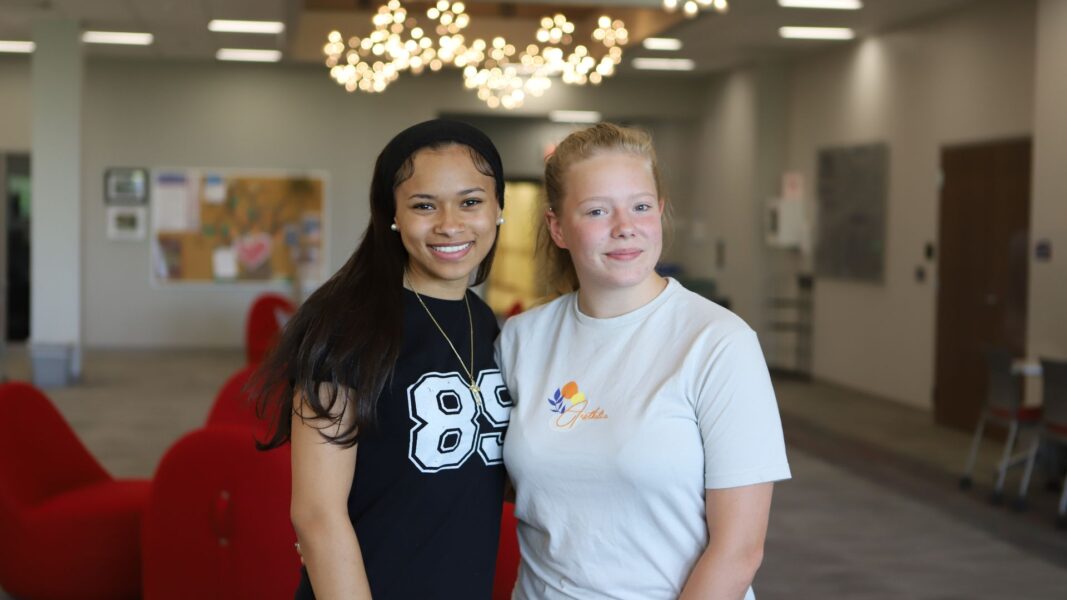
“Just living on campus, it’s such a cool experience to be able to have dorm mates and hang out with people and go to the student center and things like that,” said Nevaeh Mabry, a senior at Wichita East High School.
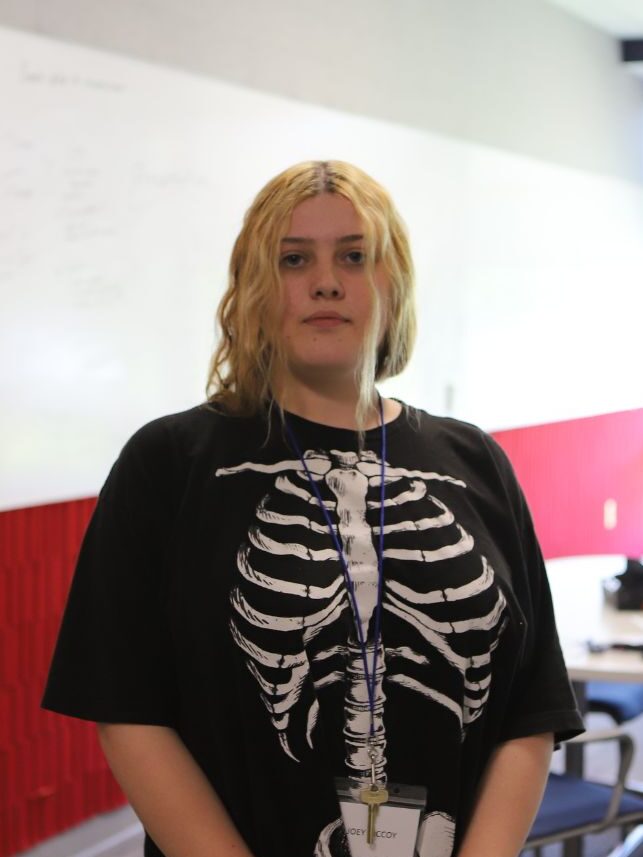
Joan “Joey” McCoy, a student attending The Studium at Northfield School in Wichita, recommends the program to all high school students — even individuals who may not be interested in pursuing a scientific career.
“It’s just a good opportunity to get out of the house for summer and to learn something new,” she said.
Important ISSP dates
- Apply by April 15 for early bird pricing of $400, or $450 on or after.
- Apply by May 30 to be considered for a scholarship. Limited scholarships are available. Click here to apply.
- All ISSP application materials must be received no later than May 30.
- Camp runs June 8-13.
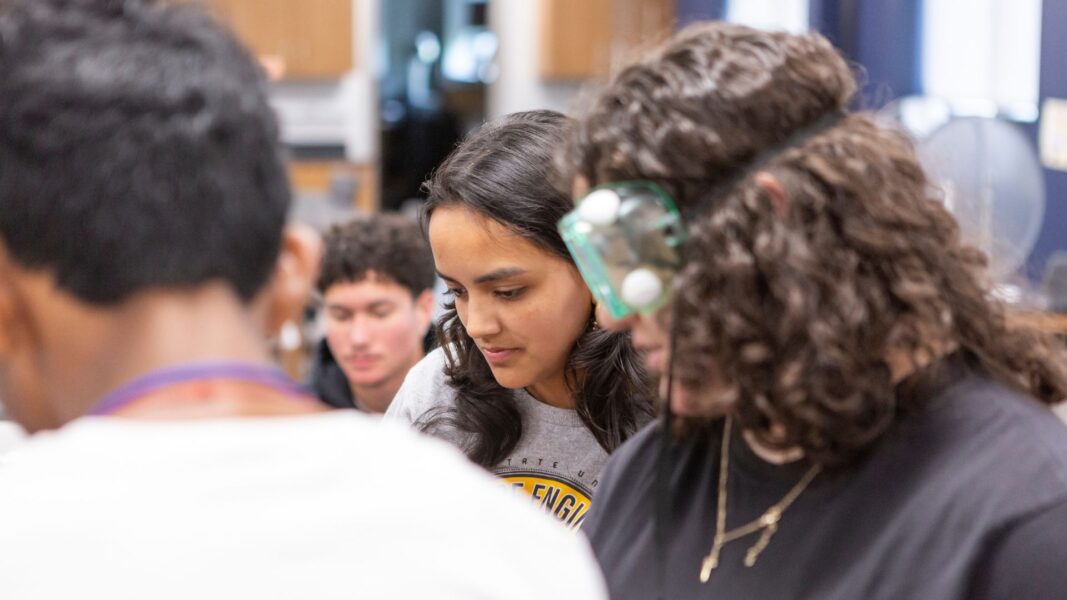
For more information, please contact NSEP director and associate professor of chemistry Ryan Huschka by email at [email protected] or by phone at (316) 942-4291 ext. 2428.
